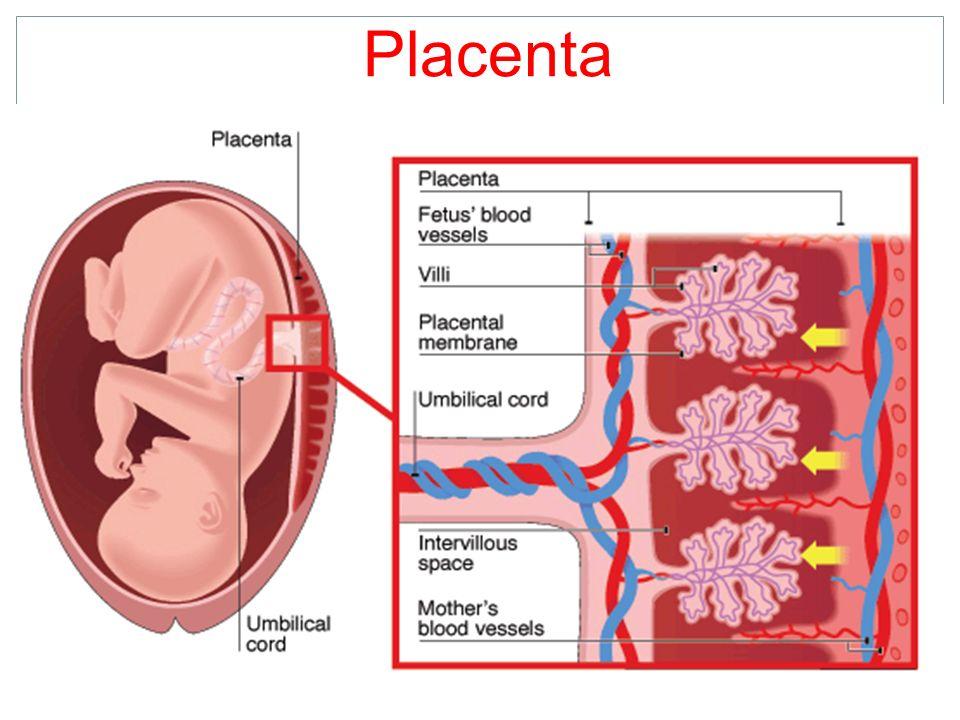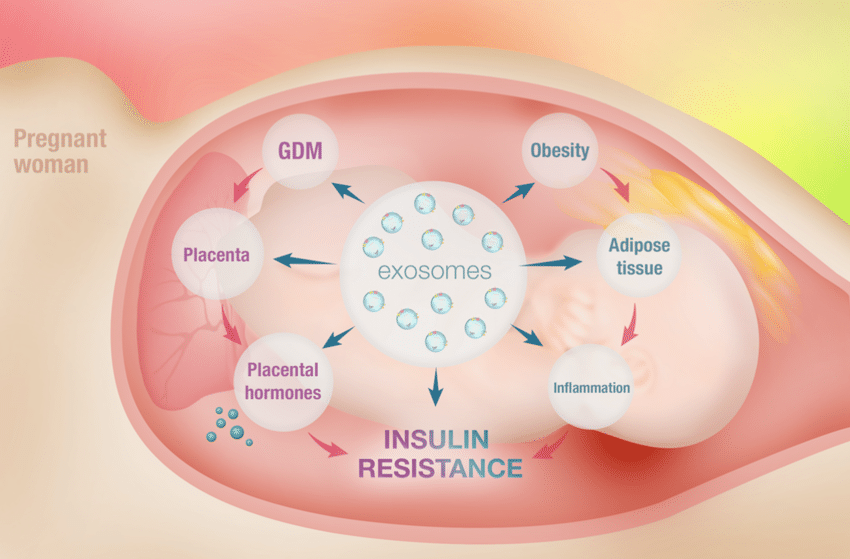COVID-19 may cause brain damage in infants infected in placenta during pregnancy, a recent study conducted by researchers at the University of Miami has shed light on it. COVID-19 has been a global health crisis since its emergence in late 2019, affecting millions of people worldwide. While the virus primarily causes respiratory symptoms, its impact on other organs and systems in the body is still being studied.
The study, published in the journal Pediatrics, reported on the first two confirmed cases in which the SARS-CoV-2 virus crossed the placenta of infected mothers and caused brain damage in the fetuses they were carrying. While there had been suspicions of this possibility, there was no direct evidence until now.
The cases involved two infants born to young mothers who had tested positive for the virus during their second trimester, at the peak of the Delta variant wave in 2020 when vaccines were not yet available. The researchers found evidence of the virus in both mothers’ placentas, indicating that it had crossed the placental barrier and reached the fetuses. Additionally, brain damage was observed in the infants, further supporting the connection between maternal COVID-19 infection and fetal brain damage.
This finding is significant as it adds to the growing body of evidence suggesting that SARS-CoV-2 can not only harm the respiratory system but also affect other organs and tissues in the body, including the developing brain of a fetus. While the full extent and long-term consequences of this impact are not yet known, it highlights the importance of further research and understanding the effects of COVID-19 during pregnancy.
Several other viruses, such as Cytomegalovirus, Rubella, HIV, and Zika, are known to be capable of crossing the placenta and causing fetal brain damage. The Zika virus, in particular, gained attention during the 2015-2016 outbreak in South America, when it was linked to cases of microcephaly, a condition where infants are born with abnormally small heads and underdeveloped brains. The cases reported in the University of Miami study now suggest that SARS-CoV-2 may pose a similar risk to fetal brain development.
The implications of these findings are concerning, as COVID-19 continues to be a widespread and persistent threat globally, with new variants emerging and vaccine coverage varying in different populations. Pregnant individuals and their fetuses may be vulnerable to the virus, and precautions need to be taken to protect their health. It is crucial for healthcare providers to educate pregnant individuals about the potential risks of COVID-19 infection during pregnancy and encourage them to take preventive measures, such as getting vaccinated, wearing masks, practicing good hand hygiene, and following other recommended guidelines to reduce the risk of exposure.
The study also highlights the need for further research to better understand the effects of COVID-19 on fetal development. While the cases reported in this study provide evidence of the virus crossing the placenta and causing brain damage in infants, more studies are needed to determine the exact mechanisms by which this occurs and the long-term consequences for the affected infants. Further research could also help identify potential interventions or treatments to mitigate the risks of fetal brain damage associated with maternal COVID-19 infection.
In addition to the physical health risks, COVID-19 has also had significant impacts on the mental health and well-being of pregnant individuals and new parents. The stress, anxiety, and uncertainty caused by the pandemic have added an additional burden to an already vulnerable population. It is crucial for healthcare providers to address the mental health needs of pregnant individuals and provide appropriate support and resources to help them cope with the challenges posed by the pandemic.

The findings of the University of Miami study also have implications for public health policies and guidelines related to COVID-19. Pregnant individuals should be considered a high-risk group, and efforts should be made to prioritize their health and well-being in pandemic response strategies. This includes ensuring access to accurate and up-to-date information about the risks of COVID-19 during pregnancy, promoting preventive measures such as vaccination and appropriate prenatal care, and providing support for mental health and emotional well-being.
Related post: New treatment offers hope for COVID-19 loss of smell, taste
The study also underscores the importance of vaccination in protecting pregnant individuals and their fetuses from COVID-19. Vaccination has been shown to be safe and effective in preventing severe illness and complications from COVID-19 in adults, including pregnant individuals. Vaccination during pregnancy has also been shown to provide passive immunity to newborns, which can help protect them during the early months of life when they are most vulnerable to infections. Pregnant individuals should consult with their healthcare providers and make informed decisions about COVID-19 vaccination based on the available evidence and expert recommendations.



